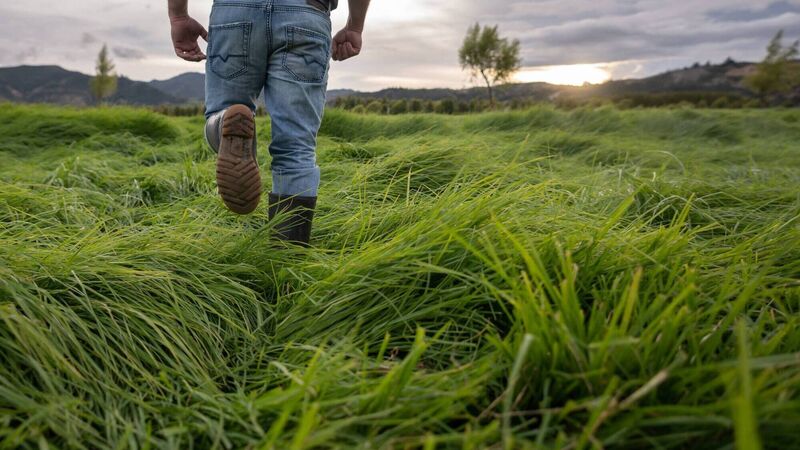Herd Tasks: Your weekly farming checklist

By the end of June, two thirds of the grass will have grown on the farm for the year, so two thirds of the nitrogen should also be out by then. Picture: iStock
Try from €1.50 / week
SUBSCRIBENewsletter
Keep up-to-date with all the latest developments in Farming with our weekly newsletter.
Newsletter
Keep up-to-date with all the latest developments in Farming with our weekly newsletter.
Newsletter
Sign up to the best reads of the week from irishexaminer.com selected just for you.
Newsletter
Keep up with stories of the day with our lunchtime news wrap and important breaking news alerts.
Friday, February 6, 2026 - 9:00 PM
Friday, February 6, 2026 - 9:00 PM
Friday, February 6, 2026 - 9:00 PM
© Examiner Echo Group Limited